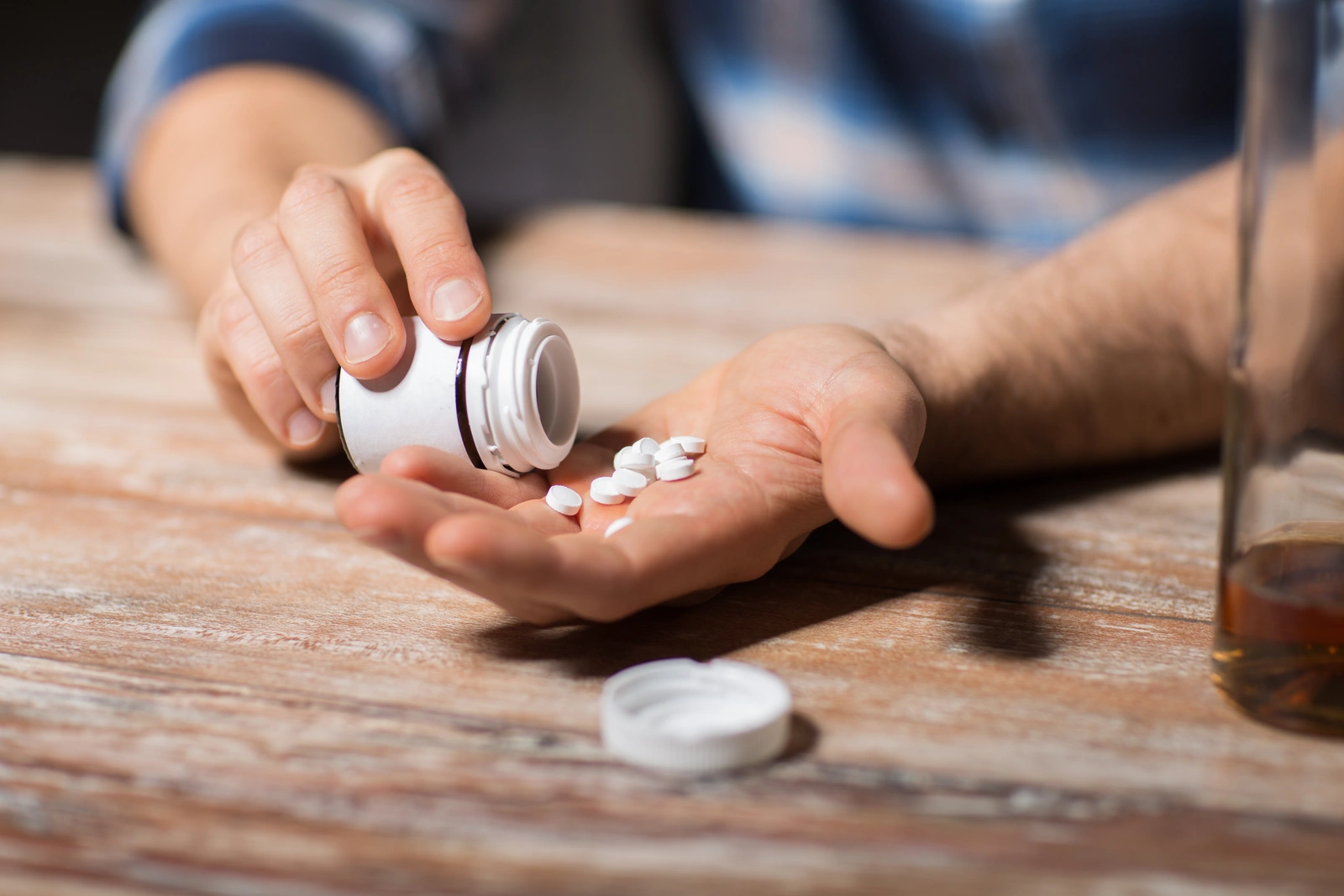How Long Does Fentanyl Stay in Your System? Fentanyl Detection Window
Fentanyl is an opioid medication that’s 50 to 100 times stronger than morphine.[1] It’s used to treat severe pain, but it’s often produced illicitly as a drug of abuse. Fentanyl has been implicated in the recent rise in opioid-related drug overdose deaths.
There are many risks to fentanyl, including possible drug interactions. The time it takes for the body to eliminate fentanyl can vary by several factors, but it generally lasts 1-5 days.[2] Learn more about fentanyl detection windows and precautions to take.

Frequently Asked Questions About Fentanyl
How Long Is Fentanyl Detectable on Drug Tests?
Fentanyl may be detectable on drug tests as long as other opioids, which is up to a week for urine tests and up to 90 days for hair tests.
Are Fentanyl Test Strips Accurate?
Fentanyl test strips are used to test for fentanyl in drug samples that have been diluted in water. Generally, fentanyl test strips are 96% to 100% accurate in identifying fentanyl.[8]
Can You Tell If a Drug Has Fentanyl?
You can’t tell if a drug has fentanyl in it by looking at it, smelling it, touching it, or tasting it, which makes it especially dangerous. The only way to detect fentanyl in drugs is with fentanyl test strips, which can identify the drug but not its dosage or potency.
What Is the Maximum Time Fentanyl Stays in Urine?
Fentanyl may be detectable in urine for up to a week on average.
How Long Do Fentanyl’s Effects Last?
The analgesic (pain relieving) effects of fentanyl typically last 30 to 60 minutes after a single dose, but some formulations can last hours.[9]
What Is the Elimination Time of Fentanyl?
Fentanyl is metabolized through the liver. Its half-life, which is the time it takes for the drug dosage to be reduced by half, is 3 to 7 hours.[10] This can vary by several factors, however.
What Can Cause a False Positive for Fentanyl?
A false positive for fentanyl or other opioids on a drug test may happen with other drugs, such as trazodone and risperidone.[11]
[1] U.S. Department of Health and Human Services. (2024b, June 25). Fentanyl. National Institutes of Health. Retrieved from https://nida.nih.gov/research-topics/fentanyl on 2024, July 24.
[2,3] GoodRx. (n.d.-a). How long does fentanyl stay in your system?. GoodRx. Retrieved from https://www.goodrx.com/fentanyl/how-long-does-fentanyl-stay-in-your-system on 2024, July 24.
[4] Huhn, A. S., Hobelmann, J. G., Oyler, G. A., & Strain, E. C. (2020, September 1). Protracted renal clearance of fentanyl in persons with opioid use disorder. Drug and alcohol dependence. Retrieved from https://www.ncbi.nlm.nih.gov/pmc/articles/PMC7594258/ on 2024, July 24.
[5] Fentanyl: Uses, dosage, side effects & warnings. Drugs.com. (n.d.-c). Retrieved from https://www.drugs.com/fentanyl.html on 2024, July 24.
[6] Health, C. (2023, June 4). Fentanyl facts, overdose signs to look for, and how you can help save a life. health. Retrieved from https://health.ucdavis.edu/blog/cultivating-health/fentanyl-overdose-facts-signs-and-how-you-can-help-save-a-life/2023/01 on 2024, July 24.
[7] WebMD. (n.d.-g). What causes fentanyl withdrawal and how can you manage it?. WebMD. Retrieved from https://www.webmd.com/mental-health/addiction/what-to-know-fentanyl-withdrawal on 2024, July 24.
[8] González, L. L. (2023, October 5). Can a simple fentanyl test curb San Francisco’s overdose crisis? University of California. Retrieved from https://www.universityofcalifornia.edu/news/can-simple-fentanyl-test-curb-san-franciscos-overdose-crisis on 2024, July 24.
[9,10] Ramos-Matos, C. F. (2023, May 29). Fentanyl. StatPearls [Internet]. Retrieved from https://www.ncbi.nlm.nih.gov/books/NBK459275/ on 2024, July 24.
[11] How to interpret a urine drug test. Medscape. (2023, September 6). Retrieved from https://www.medscape.com/viewarticle/993830 on 2024, July 24.